800 Florida Ave NE
Washington, DC 20002
USA
Hosted by Michigan Publishing, a division of the University of Michigan Library.
For more information please contact mpub-help@umich.edu.
Online ISSN: 2158-1398
Proceedings of this Deaf Studies Conference with the theme “Transformations” explore over 20 years worth of Deaf Studies and how the field has evolved. Educators, researchers, and community advocates from 28 countries and 33 states throughout the United States held discussions about theories, gave presentations about applications of theories, and focused on dissemination.

A message from the executive editor of DSDJ, introducing the journal's team, mission statement, and latest developments in this new and innovative platform that supports multimodal and multilingual access for all. Highlights of this special issue and conference proceedings are shared.
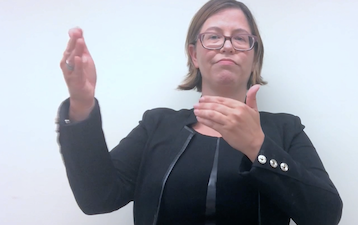
Tawny Holmes Hlibok shares a recap of the conference she and Matthew Malzkuhn co-chaired, and summarizes a variety of presentations from diverse researchers, educators, and community advocates that offered insight on the field of Deaf Studies and its transformations all over the United States and globally.
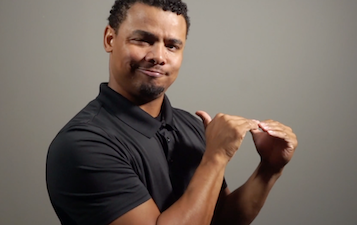
Justin Perez provides a summary in ASL of the “Research Ethics in Sign Language Communities” article published in 2009 by Harris, Holmes, and Mertens.
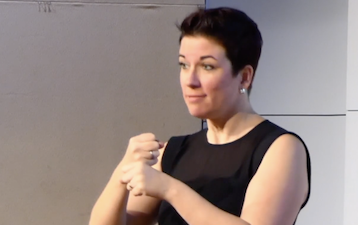
This presentation by Annelies Kusters focuses on the definition and foundation of Deaf Studies as a field, innovation in the field, outlining outgoing transformations in methodology, theoretical frameworks and dissemination pathways, and asks whether it makes sense to conceive of Deaf Studies as a demarcated field. Throughout the presentation, the presenter draws on research experience in Surinam, Ghana and India.

Ben Bahan and Matt Malzkuhn propose that the human yearn and drive for communication are central to the development of Deaf Theory. Evidences and insights from literary works, organization priorities and agendas, legislative actions, and technological extensions and how they enable how we think and talk about communication as being central to Deaf epistemology and theory building are discussed.

Mr. Dunn moderates a panel discussion of Black Deaf individuals who experienced the 2006 protest from different sides and perspectives, and this panel explores the decision and aftermath including the role of digital media in engaging a cross section of the Black Deaf community in discourses related to issues such as racism, nepotism, favoritism, and privilege within the Deaf community within and beyond Gallaudet University.
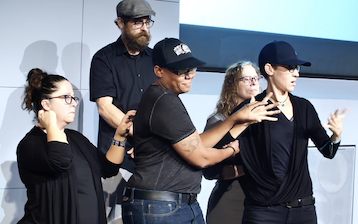
Sarah Morrison and Najma Johnson share findings of their pilot study, with a purpose to understand how DeafBlind people make meaning of their avowed and ascribed identities and how they navigate the medical-pathological descriptions used to define them.
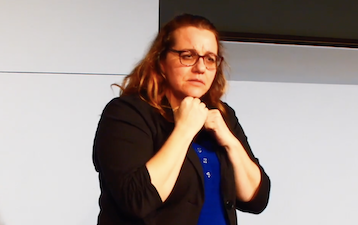
Trisha Houston explains her explanatory sequential mixed methods study that was conducted to explore Deaf faculty experiences in higher education to identify the common themes related to barriers and successes, and recurring themes emerged from the survey and interviews.
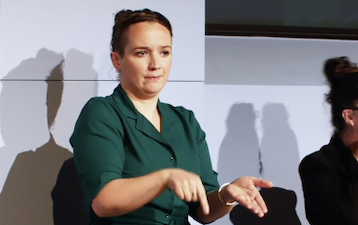
This presentation by Maartje DeMeulder explores various transformations that inform Deaf Studies research, ranging from transformations in Deaf networks, applied linguistics, society, and language ideologies, and the impact on sign language policy and revitalization. Dr. DeMeulder suggests some ways forward for Deaf Studies in terms of research priorities and rights discourses.
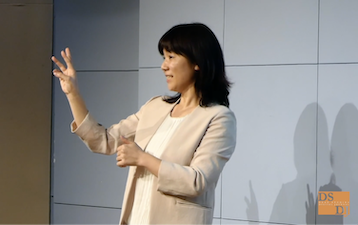
This presentation by Yoko Kobayashi will explore the realities of and critical issues related to Deaf women in Japan, and discuss multiple essential findings and how they may progressively expand the public policy dialog about funding for and development of services to adequately meet Deaf women’s needs, not only in Japan but worldwide.
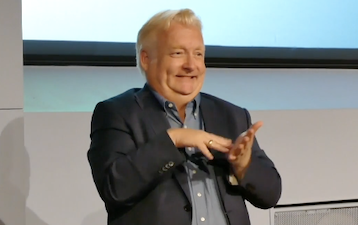
Christian Rathmann and Thomas Geissler examine the positionality of the academic discipline of Deaf Studies in Germany from a transformational point of view and examine five core aspects.
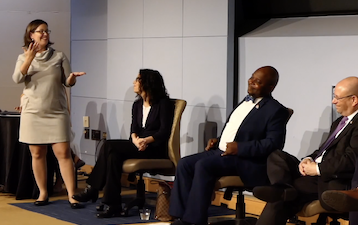
Tawny Holmes Hlibok leads a panel featuring Deaf lawyers from various fields including health, telecommunications, civil rights, and education to discuss the impact of Deaf Studies’ findings on their day to day work on effectuating policy changes in both the private sector and government-level work.
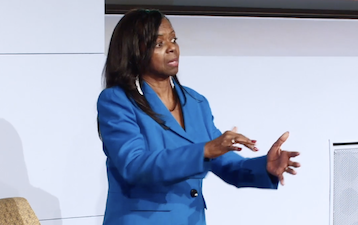
Carolyn McCaskill reflects on her journey on interviewing Black Deaf community members about the use and presence of Black ASL. Her reflections offer important insights on the transformative effects of bringing the Black Deaf experience and perspectives to researching sign language and cultural experiences.
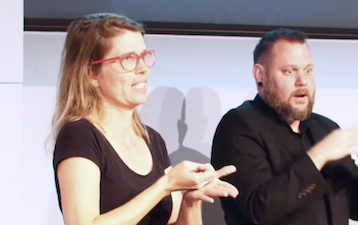
Mette Sommer Lindsay contributes to the transformation of Deaf Studies research by suggesting how to benefit from other studies on minority workers and employment and combine Deaf Studies with theoretical concepts from these fields.
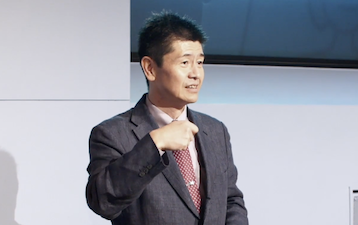
Yutaka Osugi discusses the process of moving from research results to applications through the compilation of a large-scale Japanese Sign Language corpus, and also discusses the key involvement of the Deaf community including the exploring of their linguistic identities via evidence of the change of lexical sharing phenomenon from generation to generation.
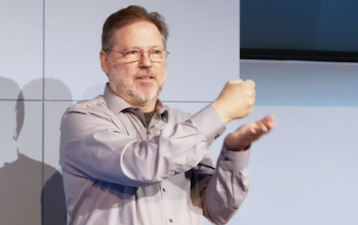
Ted Supalla discusses the transformation of knowledge regarding Deaf ways of living and learning, and shares his experience of designing a massive online course (MOOC) with the goal of providing a resource not only for the field of Deaf Studies but for society as a whole to gain a better understanding of sign language structure, learning and change.
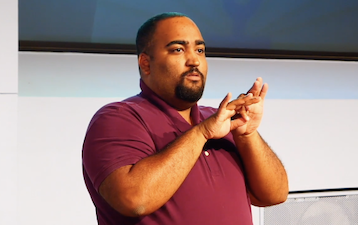
Dominic Harrison provides a workshop about the insight of cultural difficulties in K-12 educational settings and how educators can improve themselves to reduce those difficulties. Participants were given the opportunity to unpack thoughts and attitudes and be reminded about their own positionalities in K-12 educational settings.